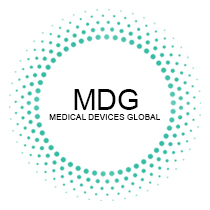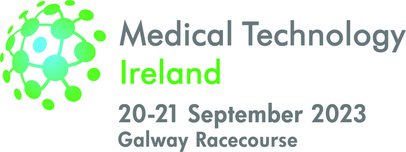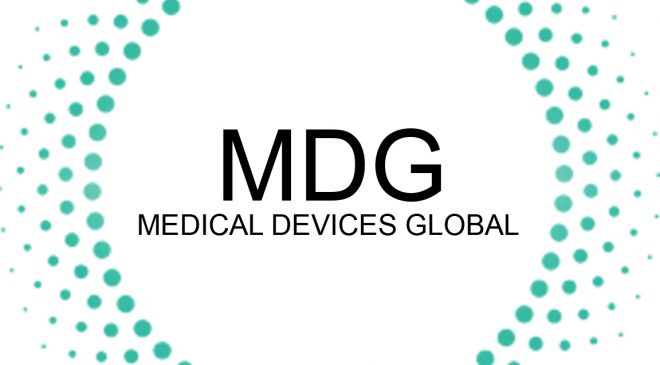In the era of advanced digital technologies, telemedicine and virtual care have emerged as essential components of modern healthcare. The convergence of medical devices with telemedicine and virtual care solutions has paved the way for revolutionary changes in the way patients access medical services and interact with healthcare professionals.
In 2023, these medical devices are at the forefront of transforming healthcare, providing convenient, cost-effective, and patient-centric solutions. In this article, we will explore the impact of telemedicine and virtual care medical devices in 2023 and their potential to reshape the future of healthcare.
- Telemedicine Devices: Bridging the Distance for Remote Consultations
Telemedicine devices have rapidly gained popularity in recent years, and in 2023, they have become even more sophisticated and accessible. These devices, ranging from dedicated telemedicine platforms to integrated peripherals, enable patients to have virtual consultations with healthcare providers from the comfort of their homes. High-definition cameras, advanced microphones, and user-friendly interfaces ensure seamless communication and examination.
In 2023, telemedicine devices have expanded their capabilities, offering features such as remote diagnostic tools, data-sharing interfaces, and real-time health monitoring. Patients can now take advantage of devices like digital stethoscopes, otoscopes, and dermatoscopes, which can transmit live data to healthcare professionals for accurate assessments. These devices break down geographical barriers and provide healthcare access to underserved and remote communities, reducing the burden on physical healthcare facilities.
- Wearable Health Monitoring Devices: Empowering Patients with Data
Wearable health monitoring devices have witnessed remarkable growth in 2023, with advanced sensors and improved data analytics. These devices, ranging from smartwatches to fitness bands, track vital signs, physical activity, sleep patterns, and more. In 2023, these devices have evolved to measure additional health parameters such as blood glucose levels, hydration, and stress levels, among others.
The integration of wearable devices with telemedicine platforms enables patients to share real-time health data with their healthcare providers, fostering continuous remote monitoring. Physicians can use this data to make data-driven decisions, track patient progress, and provide personalized health recommendations. By empowering patients with more comprehensive health data, wearable health monitoring devices facilitate proactive healthcare management and prevention.
- Virtual Reality (VR) in Healthcare: Transforming Therapy and Training
Virtual reality (VR) has found groundbreaking applications in healthcare, offering immersive experiences for both patients and medical professionals. In 2023, VR is increasingly being used for therapeutic purposes, such as pain management, anxiety reduction, and cognitive behavioral therapy. VR-based therapies are especially valuable for patients with chronic pain or mental health conditions, offering drug-free alternatives for treatment.
Moreover, VR is revolutionizing medical training and education. Healthcare professionals can now engage in realistic surgical simulations, providing a safe and risk-free environment for skill development and practice. In 2023, VR-based training is complementing traditional medical education, ensuring healthcare providers are equipped with the latest knowledge and practical expertise.
- Home Health Monitoring Kits: Enhancing Patient Independence
In 2023, home health monitoring kits have become more comprehensive and user-friendly, enabling patients to manage chronic conditions and post-operative care from home effectively. These kits include various devices, such as blood pressure monitors, glucometers, and pulse oximeters, along with a central hub that aggregates data and connects to telemedicine platforms.
By facilitating remote monitoring and data transmission to healthcare providers, home health monitoring kits empower patients to actively participate in their care plans, leading to improved treatment compliance and better health outcomes. Additionally, these kits reduce hospital readmissions and ease the burden on healthcare facilities, making them a cost-effective solution for long-term care management.



